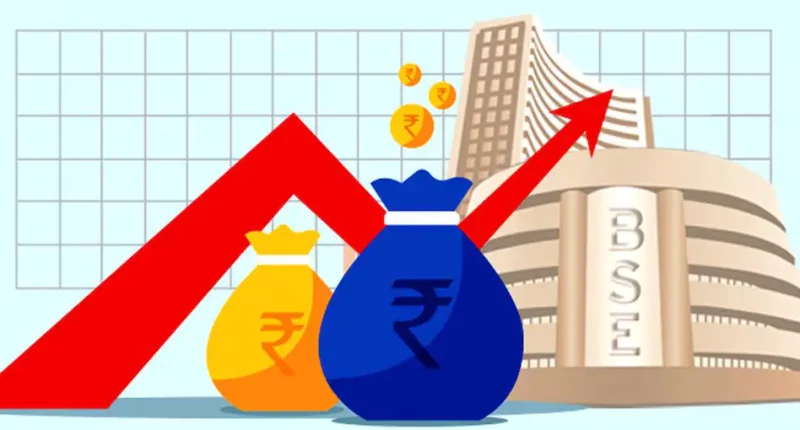In the past few years, options trading has gained a significant pace due to its potential for high returns and its ability to provide leverage. Options trading allows an investor to buy or sell stocks or bonds, commodities, currencies, exchange-traded funds (ETFs), or futures contracts at a specific price within a specific date. This type of trading also gives buyers the flexibility to not buy the security at the specified price or date.
Options are securities themselves, similar to a stock or bond, and as they derive their value from something else, they’re referred to as derivatives.
Options are categorised into two types: call and put options. A call option allows the trader to buy the shares at a certain price in the future. In a put option, if traders speculate that the price of the security will fall, they can buy a call option. In simple terms, the right to buy a security is referred to as call, while the right to sell is called put.
Having said that, options trading is a high-risk form of investment and investors should have the financial resources to cover in case of losses.
There is also the risk of liquidity if the investor is unable to find a buyer or seller at the right time. They may be stuck with the contract and end up suffering losses. Also, the time value of options contracts decreases as expiration approaches, which could further influence the value of the investor’s position.
The potential for mispricing is also there as the pricing of options contracts is based on complex mathematical models, which could lead to unexpected losses for the investor. Moreover, the pricing of options contracts is subject to speculation, this could also cause prices to move dramatically and quite unexpectedly.
There is also the counterparty risk wherein the other party in the transaction fails to fulfill their part of the agreement, resulting in a loss. It is important to trade with brokers or exchanges of repute that adhere to proper regulations.

Rajiv is an independent editorial consultant for the last decade. Prior to this, he worked as a full-time journalist associated with various prominent print media houses. In his spare time, he loves to paint on canvas.





